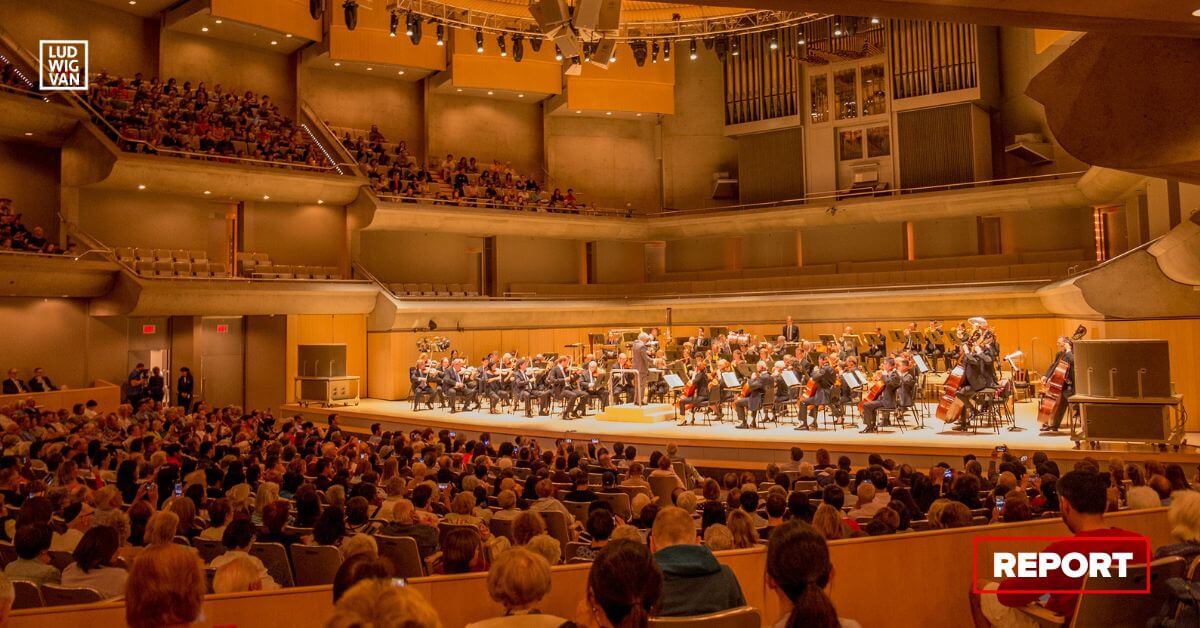
The International Federation of Arts Councils and Culture Agencies (IFACCA) recently issued their year in review statement. The document begins with a quote from Simon Brault, former Chair of IFACCA and then CEO and Director of the Canada Council for Arts, who calls the world in its current state “an immense, complex, unequal, divided, distressed, and beleaguered place, primarily due to the climate crisis and far too many armed conflicts”.
Art and culture, in other words, are needed to address all its complexities, and to support sustainable development that will take us all into a more positive future.
First, what is the International Federation of Arts Councils and Culture Agencies (IFACCA)?
Based in Australia, the organization represents public institutions from around the world whose mandate is to support and advance arts and culture. That may include promotion and investment, as well as developing and supporting policies that in turn underpin the cultural sector.
Canada is one of the country members of the organization. Simon Brault, Director and CEO, Canada Council for the Arts for nine years (ending June 2023), was a Board member of the IFACCA from 2016 to 2023. The current board includes representatives from South Africa, Uruguay, Sweden, the USA, Australia, Vietnam, England, and Norway. The current chair is Kristin Danielsen, Executive Director, Kulturdirektoratet — Arts and Culture Norway, a dancer and choreographer before specializing in art management.
Culture’s vital role for sustainability in an increasingly fragile world
The report underscores culture’s role in implementing the UN’s Sustainable Development Goals Agenda. Also called the 2030 Agenda, the SDGS lists 17 goals for global development:
- No poverty;
- Zero hunger;
- Good health and well-being;
- Quality education;
- Gender equality;
- Clean water and sanitation;
- Affordable and clean energy;
- Decent work and economic growth;
- Industry, innovation, and infrastructure;
- Reduced inequalities;
- Sustainable cities and communities;
- Responsible consumption and production;
- Climate action;
- Life below water;
- Life on land;
- Peace, justice, and strong institutions;
- Partnerships for the goals.
It’s clear that arts and culture can play a key role in many of the identified goals. Among the political gains, the report cites MONDIACULT. Signed by 150 Culture Ministers in September 2022, the MONDIACULT Declaration, among other things, recognizes culture as a global public good — yet at the same time, that it is often not supported by public policies or cooperation on an international scale.
On the positive side, he MONDIACULT mandate was echoed in recent declarations by EU Cultural Ministers, and was adopted by the 12th Conference of Ministers of Culture in Islamic World, among other global organizations.
Other issues:
- The creative economy is among the world’s fastest growing sectors, and is of particular value in developing economies;
- Culture brings people together and inspires a sense of unity, important qualities in uncertain times;
- Art and culture contribute to overall good health and well-being, as evidenced by scientific research.
Good Will vs Action
Naturally, the report mentions the overall fragility of the arts and culture sector. Artistic freedom is also threatened in many places in the world. Working conditions for musicians and so many other artists are precarious, and there are many systemic elements that contribute to that state.
In concluding, the authors point out that all the political and symbolic recognition needs to be backed up by tangible recognition. They cite some examples:
- Development of insurance for artists in Jamaica;
- Laws that support the status of an artist in Spain;
- Social protections for artists in the Seychelles;
- In Saudi Arabia, a public program designed to boost employment in the cultural sector.
The ever-changing digital environment emerges as another area for both potential growth and creation, as well as risk. Copyright protection laws need updating and strengthening in the AI era, and some of those processes are already taking shape around the globe. The African Union, for example, has drafted a continental AI strategy paper, and the EU has drafted its first regulations around AI.
Culture is part of the solution, but can only play its part if it’s supported both locally and globally.
You can read about the United Nations Sustainable Development Goals for cultural and heritage organizations in Canada [HERE].
Are you looking to promote an event? Have a news tip? Need to know the best events happening this weekend? Send us a note.
#LUDWIGVAN
Get the daily arts news straight to your inbox.
Sign up for the Ludwig Van Toronto e-Blast! — local classical music and opera news straight to your inbox HERE.
- INTERVIEW | Composer Ari Kinarthy And Director Jeff Lee Petry Talk About Ari’s Theme, Premiering At Hot Docs - April 26, 2024
- PREVIEW | Creators & Performers Natalya Gennadi And Kristine Dandavino Talk About Grandma’s Shawl - April 26, 2024
- PREVIEW | Artistic Director Emily Cheung Dives Into Little Pear Garden Dance Company’s History & 30th Anniversary Peformance - April 26, 2024



